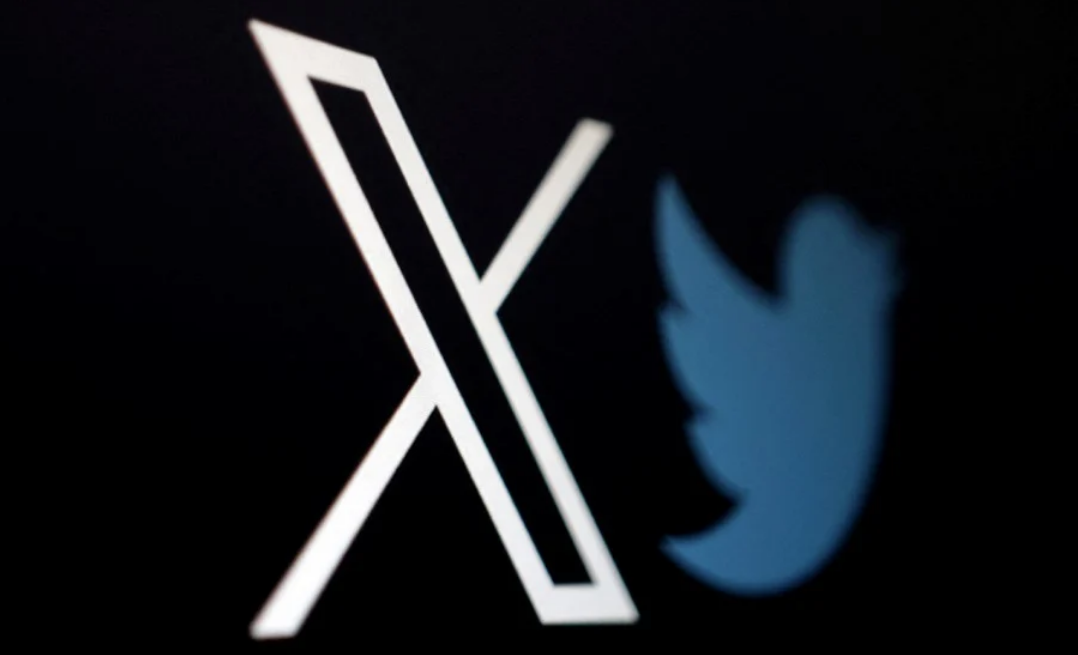
There have been quite a lot of annoying changes to twitter in recent months. Rebranded as X with a scruffy looking logo, the service is trying to monetize its users by making the services more and more difficult to use ... unless you pay. From an owners view, that makes sense. The platform needs to make a profit. From a users perspective, it is devaluing and alienating.
By way of example, you can no longer use services like tweetdeck, which was my main window into twitter. This used to be free, but now cannot be used unless you are verified. Verification costs $100+ a year. I have no issue with the cost but, having used the updated version of tweetdeck, it’s not good and is less easy to access than the previous version.
In a similar fashion, the mass layoffs, the allowance of hate speech, the return of extremists …
… X is clearly just an Elon Musk toy that he is playing with.
It’s a shame as twitter was a good news and research service. X has made is taking that away. For example, Elon's vision is to make it a competitor with Meta, which is why he challenged Mark Zuckerberg to a fight they will never take and is adding Meta style features to X, just as Zuckerberg does the same to his platform.
Nevertheless, X still has over 300 million users, so you can’t ignore it. Similarly, there’s one thing hatching in the plans that could be very important to everyone involved in FinTech, finance and technology. X as a payments service.
This idea brings us full circle back to Elon Musk’s roots. When Elon Musk first became famous, it was when he sold out X.com to PayPal in 2000 and then to eBay in 2002. eBay acquired PayPal for $1.5 billion, and Elon Musk walked away with $100 million. Using that money, he founded SpaceX in 2002 and followed up with, in 2004, becoming an early investor in Tesla. The rest is history ... although not without a great deal of personal turmoil and trials.
So, let me make it clear that I am not a Musk-basher but a fan. He has achieved amazing things and should be applauded for those things ... but then he bought twitter. Did he mean to? Who knows, but now he’s got it, he’s trashing it. You see the real plan of buying twitter is to return to the original dream of x.com, a payments service that leverages the technologies of today. In the 1990s, that was Visa and MasterCard. In the 2020s, it’s cryptocurrencies and whatever Musk says.
This plan is not something new or a secret.
In fact, ten months ago, The Financial Times reports that “the Tesla and SpaceX chief now insists the deal is part of a master plan to launch an everything app, incorporating messaging, payments and commerce, that has been more than two decades in the making”.
Then, just over the weekend, there was more fuel to the fire as New York Times columnist Charles Gasparino notes:
All well and good … except that, whilst making such radical changes to a tried and tested and trusted platform, Musk’s masterplan is doing a good job of alienating people who loved twitter, such as me. By taking away tweetdeck or, rather, replacing it with a version that does not work and costs $10 a month versus free, Musk is making X something where I’m looking for alternatives. It’s not Threads or Twitch, but there is a definite space for something … and it doesn’t involve payments or being a superapp. In fact, just to call that strategy into question, why did I use twitter? Research, news, gossip and chat. Nothing to do with payments. X (twitter) is not a commercial platform. Nothing is bought or sold on X ... at the moment. Will that change? In my view, it is unlikely.
So, as Musk pursues his plan to deliver the dream of a global payments service in the form of x.com, he’s trashed the platform he spent $44 billion to build it.
Add a 50% drop in advertising revenues to that comment, and this is a platform in trouble. This is illustrated specifically by Automattic, a web publishing tech provider, who analysed a random set of 25 large and small publishers and found that traffic from X fell on average by 24% from the first half of 2022 to the first half of 2023. That kind of reminds me of those tweets where Elon Musk promoted Dogecoin ...
Chris M Skinner
Chris Skinner is best known as an independent commentator on the financial markets through his blog, TheFinanser.com, as author of the bestselling book Digital Bank, and Chair of the European networking forum the Financial Services Club. He has been voted one of the most influential people in banking by The Financial Brand (as well as one of the best blogs), a FinTech Titan (Next Bank), one of the Fintech Leaders you need to follow (City AM, Deluxe and Jax Finance), as well as one of the Top 40 most influential people in financial technology by the Wall Street Journal's Financial News. To learn more click here...

